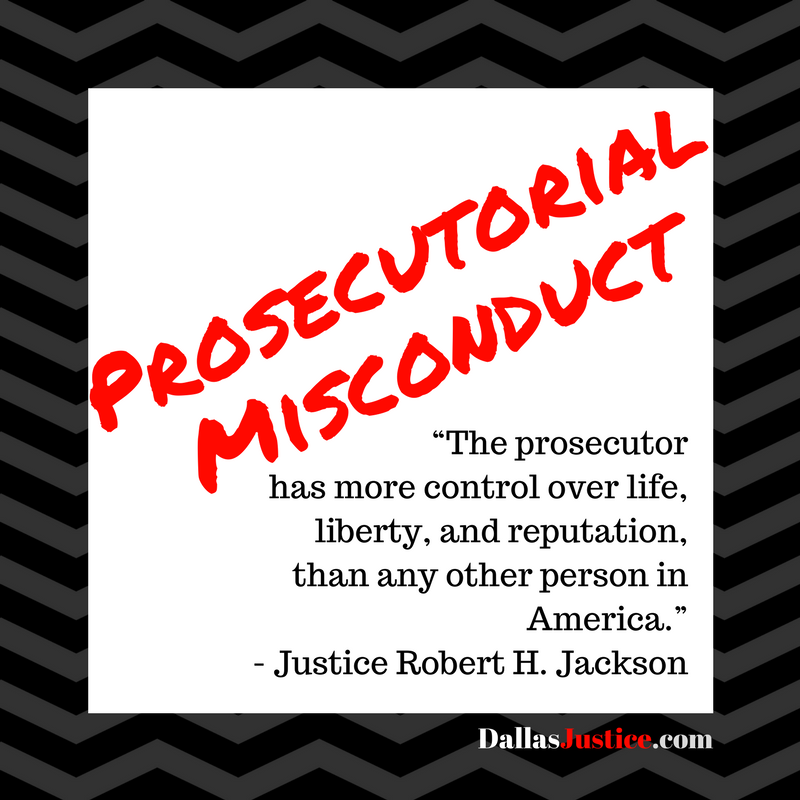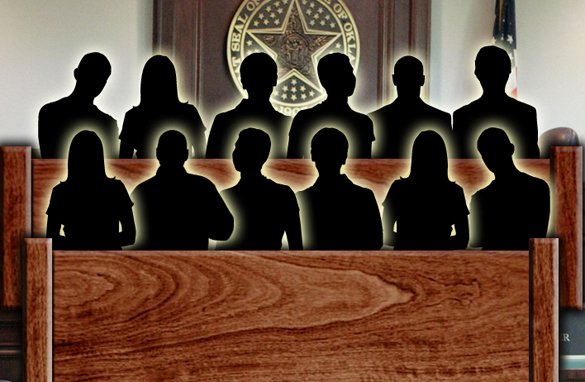
In State v. Allen, the WA Supremes ruled that the Prosecuting Attorney committed prejudicial misconduct by misstating the standard upon which the jury may convict an accomplice.
This case involves the Lakewood police officer shootings.
The defendant Mr. Allen was friend and co-worker of Maurice Clemmons, who fatally shot four police officers in a coffee shop on November 29, 2009. Mr. Allen’s involvement transpired on the days leading up to the shooting.
This tragic story began in May 2009 when officers responded to reports that Clemmons was throwing rocks through his neighbors’ windows. Clemmons responded violently when officers arrived at the scene, and he was arrested for punching officers. He posted bail in November 2009, the month of the shootings.
Shortly after his release, Clemmons attended Thanksgiving dinner at his aunt’s house, where he expressed animosity toward the police. Specifically, he announced that if the police arrived to look for him, he would kill them and then go across the street to the elementary school and commit further acts of violence. Clemmons brandished a handgun while he described these acts. Allen, who was a friend and employee of Clemmons, was present at that dinner.
Three days later, Clemmons contacted Allen and told him they were going to wash the company truck. With Allen driving, Clemmons directed him to a car wash near a coffee shop in Lakewood. Upon arriving at the car wash, Allen parked the truck, got out, and walked across the street to a minimart.
During that time, Clemmons also left the car wash and entered the coffee shop, where the shootings occurred. When Allen returned to the truck, Clemmons appeared and told Allen that they had to leave. Allen claimed he drove only a few blocks until he left the truck upon discovering Clemmons was wounded. Allen also claimed that he did not know Clemmons was going to commit the murders.
Clemmons eventually ended up at his aunt’s house, and the truck was abandoned in a nearby parking lot. A few days later, Clemmons was killed by a Seattle police officer. Allen was arrested shortly afterward.
Allen was charged with four counts of Aggravated Murder in the first Degree. During trial, several spectators wore T -shirts that said, “‘You will not be forgotten, Lakewood Police,”‘ followed by the names of the four murdered officers. Allen objected to these T-shirts and asked that the shirts be covered. The trial court denied Allen’s motion.
At closing argument, the State was required to prove that Allen had actual knowledge that Clemmons would commit the murders. During closing argument, the prosecuting attorney initially stated the correct definition of “knowledge” as it was used in the jury instruction. However, immediately afterward, the prosecuting attorney stated that “for shorthand we’re going to call that ‘should have known.'” Also, the prosecuting attorney went on to repeatedly and improperly use the phrase “should have known” when describing the definition of “knowledge.”
The prosecuting attorney also presented a slide show simultaneously with his closing argument. This slide show repeatedly referred to the incorrect “should have known” standard. One slide even stated, “You are an accomplice if: … you know or should have known,” with the words “should have known” in bold. The prosecuting attorney made several more “should have known” comments in rebuttal argument.
The jury received instructions that correctly stated the law regarding “knowledge.” Particularly, instruction 9 said the following:
A person knows or acts knowingly or with knowledge with respect to a fact or circumstance when he or she is aware of that fact or circumstance. If a person has information that would lead a reasonable person in the same situation to believe that a fact exists, the jury is permitted but not required to find that he or she acted with knowledge of that fact.
Allen was convicted of four counts of Murder in the First Degree. Based on the aggravating circumstance, the trial court imposed an exceptional sentence of 400 years.
ISSUES ON APPEAL
The Court granted review on three issues: (1) Did the prosecuting attorney commit prejudicial misconduct by misstating the standard upon which the jury could convict Allen? (2) Does the “aggravator” found in RCW 9.94A.535(3)(v) apply to a defendant charged as an accomplice? (3) Was Allen prejudiced when spectators at trial wore T -shirts bearing the names of the murdered officers?
1. DID THE PROSECUTOR COMMIT MISCONDUCT?
The court ruled the Prosecutor committed prejudicial misconduct by misstating the standard upon which the jury could find Allen guilty. Here, the prosecuting attorney repeatedly misstated that the jury could convict Allen if it found that he should have known Clemmons was going to murder the four police officers.
The Court reasoned that, for example, the prosecuting attorney stated that “under the law, even if he doesn’t actually know, if a reasonable person would have known, he’s guilty.” As noted above, the “should have known” standard is incorrect; the jury must find that Allen actually knew Clemmons was going to murder the four police officers. Consequently, the Court concluded that the remarks were improper.
Furthermore, the improper comments prejudiced the defendant. First, the Prosecutor misstated a key issue of the case – knowledge. Second, the misstatement of law was repeated multiple times. Repetitive misconduct can have a “cumulative effect.” Third, the trial court twice overruled Allen’s timely objections in the jury’s presence, potentially leading the jury to believe that the “should have known” standard was a proper interpretation of law.
Fourth, and perhaps most important, the record reveals that the jury was influenced by the improper statement of law during deliberations. Finally, the misconduct by the State was particularly egregious. Based on the foregoing factors, the Court found that there was a substantial likelihood that the Prosecutor’s misconduct affected the jury verdict and thus prejudiced Allen.
2. DOES THE “AGGRAVATOR” SENTENCING ENHANCEMENT APPLY TO AN ACCOMPLICE?
The Court answered “Yes” to this question. Here, the court sentenced Allen to an exceptional sentence based on the sentencing aggravator found in RCW 9.94A.535(3)(v). That statute contains no express triggering language automatically authorizing an exceptional sentence for accomplices. Therefore, Allen’s own misconduct must form the basis upon which the exceptional sentence applies.
The operative language of the statute here allows the court to sentence Allen above the standard range if the offense was committed against a law enforcement officer who was performing his or her official duties at the time of the offense, the offender knew that the victim was a law enforcement officer, and the victim’s status as a law enforcement officer is not an element of the offense.” Consequently, an exceptional sentence under RCW 9.94A.535(3)(v) may be imposed on remand if the jury finds the required elements based on Allen’s own misconduct.
3. DID THE SPECTATORS WEARING T-SHIRTS IN THE COURTROOM PREJUDICE ALLEN’S CASE?
The court decided that, based on the limited information in the record, it was unlikely that the t-shirts were inherently prejudicial. The T-shirts bore a message that said, “‘You will not be forgotten, Lakewood Police”‘ followed by a list of the victims’ names. The court said this message does not advocate for a message of guilt or innocence. Rather, the shirts were merely a silent showing of sympathy for the victims. Contrary to Allen’s arguments, the mere presence of words does not make a spectator display inherently prejudicial.
In conclusion, the prosecuting attorney committed prejudicial misconduct by misstating the proper standard upon which the jury could find Allen acted with knowledge. Based on that, the WA Supreme Court reversed the Court of Appeals and remanded for a new trial.
My opinion?
The shootings were exceptionally tragic. These officers left friends and family in the wake of their senseless death. That said, the Prosecutor in this case clearly committed misconduct. I’ve been in jury trials where Prosecutors will bend and stretch the the law when it comes to whether a defendant had knowledge they were committing a crime. Similar to the Prosecutor in this case, they’ll say “Well, the defendant should have known they were committing a crime.”
This is an ABSOLUTE misstatement of the law. “Knowing” and “Should Have Known” are two very, very different levels of understanding. Here, saying Mr. Allen “Should Have Known” that Clemmons would commit murder implies that Mr. Allen had a legal duty to know what Clemmons was thinking about before committing the heinous murders he committed. That’s wrong, and an improper statement of the law.
Again, I extend my deepest condolences to the families and friends of the police officers who lost their lives.
Please contact my office if you, a friend or family member are charged with a crime. Hiring an effective and competent defense attorney is the first and best step toward justice.

















